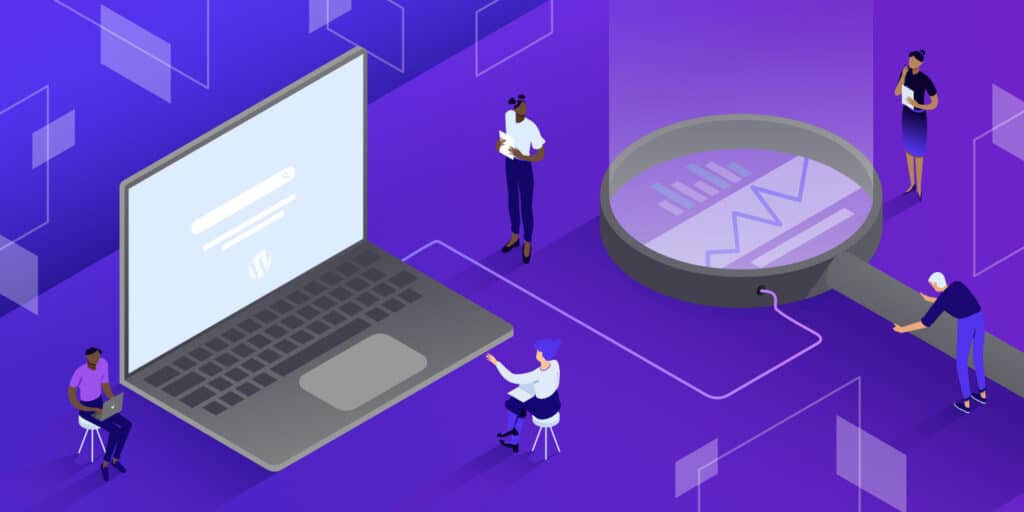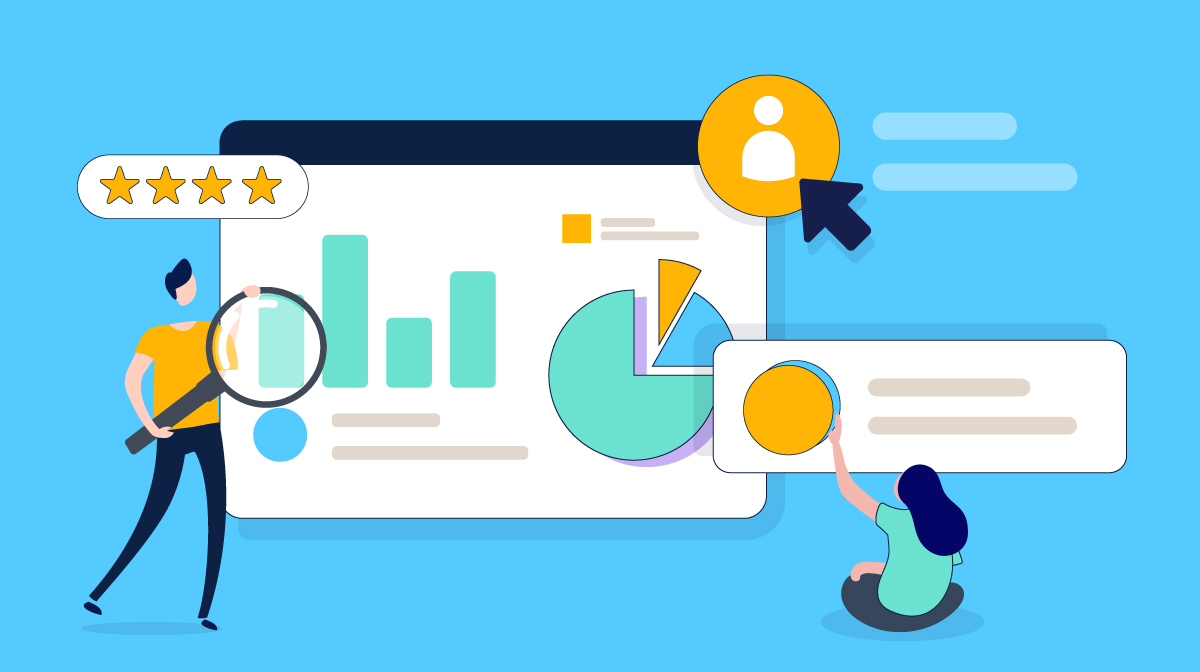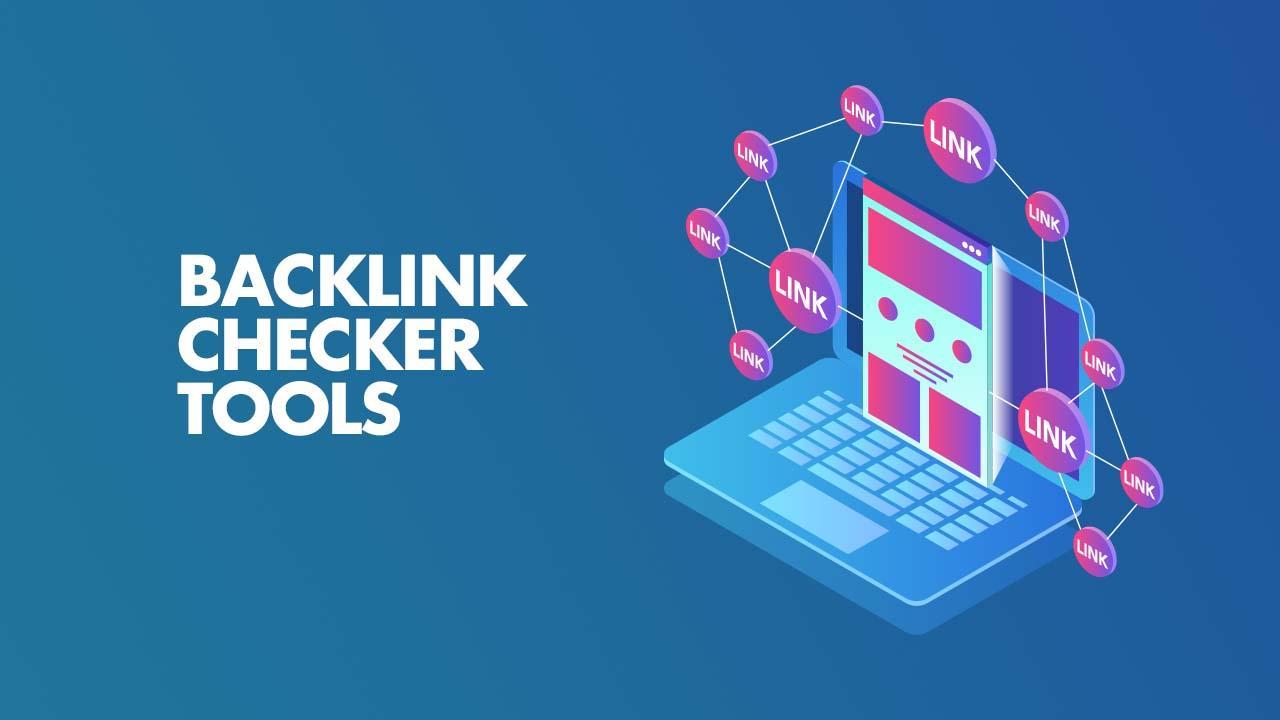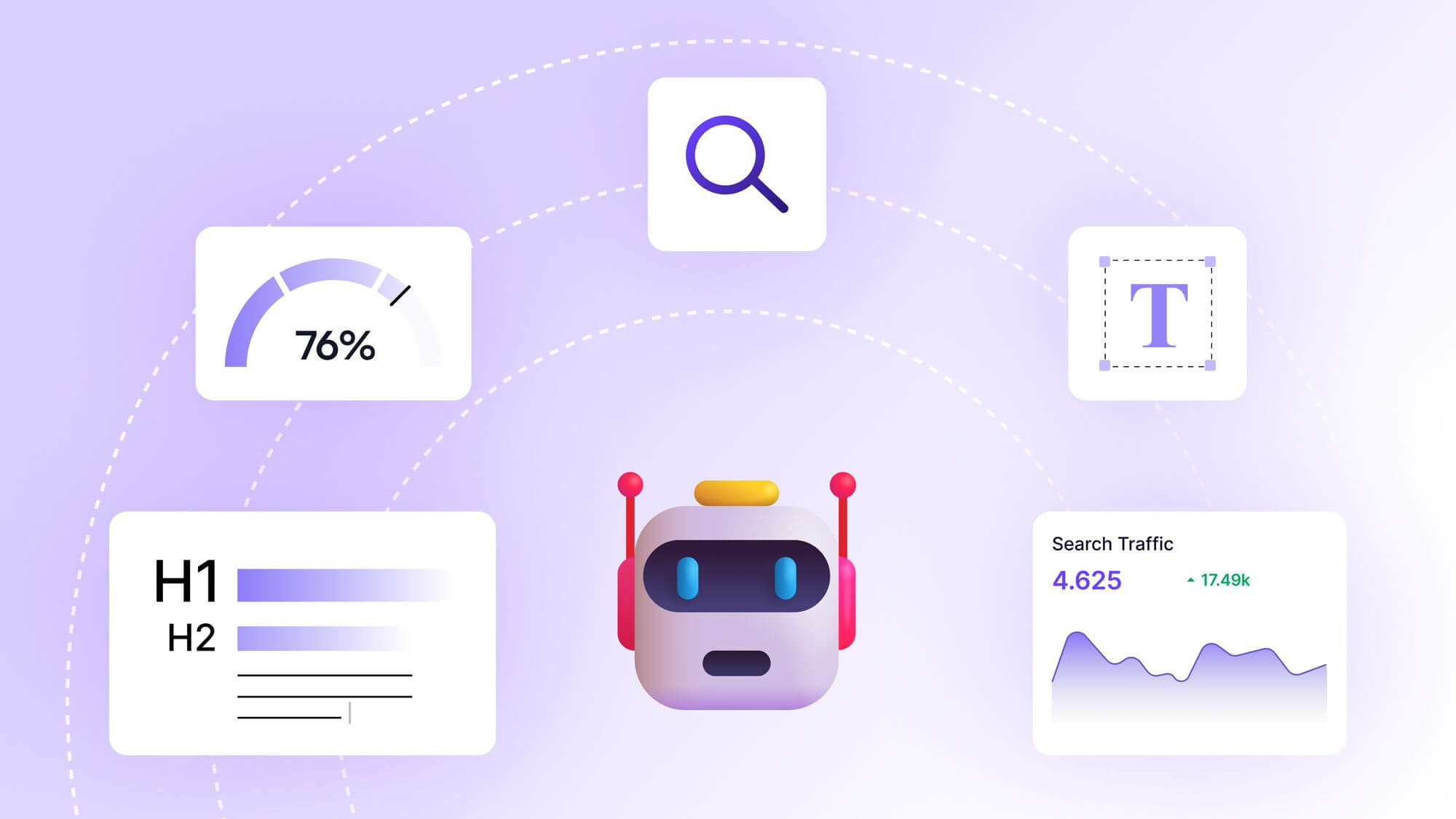
On-Page SEO Analysis Tools with AI Features: The Ultimate Guide

Search engine optimization has always been both an art and a science. Years ago, SEO experts relied heavily on intuition, manual audits, and countless spreadsheets to improve website performance. Fast forward to today, and the landscape looks very different. Artificial Intelligence (AI) has entered the world of SEO in a big way, transforming how we analyze, optimize, and monitor web pages. In this guide, we’ll explore how on-page SEO analysis tools with AI features are revolutionizing digital marketing, and how you can leverage them to boost your rankings, save time, and stay ahead of the competition.
Why On-Page SEO Still Matters in the AI Era
Many marketers assume that off-page signals like backlinks carry most of the weight. While backlinks are important, on-page SEO remains the foundation. Think of it as the soil in which your digital garden grows. Without strong on-page signals—optimized headings, structured content, semantic keywords, fast loading speed, and excellent user experience—your site won’t reach its full ranking potential.
According to Search Engine Journal, Google’s algorithms increasingly reward sites that prioritize user intent and content relevance. AI-driven tools help uncover these nuances by analyzing massive data sets, something no human could realistically do alone.
The Rise of AI in On-Page SEO
Artificial Intelligence isn’t just about chatbots or futuristic robots. In SEO, AI helps marketers:
-
Automate audits that used to take hours.
-
Predict ranking outcomes using machine learning models.
-
Understand search intent by analyzing patterns in queries.
-
Suggest content improvements based on NLP (Natural Language Processing).
For example, platforms like Semrush and Surfer SEO now integrate AI features to scan your content, compare it against top-ranking competitors, and recommend highly specific optimization steps. Instead of guessing which keywords to use, these tools leverage real-time SERP data and AI-driven insights.
Key Features of AI-Powered On-Page SEO Tools
So what exactly makes these AI-enhanced tools different from traditional ones? Let’s break down the features that set them apart:
-
Content Optimization – AI tools analyze keyword density, semantic variations, and readability, recommending improvements that align with Google’s ranking signals.
-
Internal Linking Suggestions – Tools like Clearscope can recommend better link placement to strengthen your site structure.
-
Competitor Benchmarking – AI compares your content against top-performing competitors, highlighting gaps in keyword usage, content length, and structure.
-
Voice Search Readiness – With the rise of voice assistants, AI identifies natural language queries that you might be missing.
-
Real-Time SEO Scoring – Platforms such as MarketMuse give your content a score based on topical authority and completeness.
These features aren’t just add-ons—they’re becoming essential in a highly competitive digital environment.
Comparison of Popular AI On-Page SEO Tools
Below is a quick look at how some of the top AI-powered SEO tools stack up.
Best AI On-Page SEO Tools: Side-by-Side Comparison
| Tool | Key AI Features | Best For | Price Range | Standout Benefit |
|---|---|---|---|---|
| Surfer SEO | NLP analysis, content score, keyword clustering | Bloggers & Content Teams | $$ | Competitor-driven content optimization |
| Clearscope | Semantic keyword suggestions, readability analysis | Agencies & Copywriters | $$$ | Intuitive UI and in-depth keyword insights |
| MarketMuse | Topic authority modeling, AI content briefs | Large Enterprises | $$$$ | Deep analysis for long-term content strategy |
| Semrush (On-Page SEO Checker) | AI-powered audit, competitor gap analysis | SMEs & Digital Marketers | $$ | All-in-one suite with strong backlink + keyword tools |
| Frase.io | AI-driven content outlines, intent analysis | Startups & Small Teams | $ | Fast, affordable, and intuitive AI writing support |
How AI Tools Improve the SEO Workflow
Before AI, conducting an on-page SEO analysis was a grind. You’d manually check title tags, scan for broken links, review content length, test load speed, and compare competitor keywords. With AI, that entire process is streamlined.
For instance, Surfer SEO’s content editor gives you an instant content score while you write. Instead of guessing whether your article has enough relevant keywords, it highlights what’s missing in real time. Similarly, Frase.io builds AI-generated briefs based on SERPs, saving content teams hours of research.
According to Moz, tools that use AI-driven NLP (Natural Language Processing) align more closely with how Google itself interprets queries. This means your optimization efforts are not only faster but also more accurate.
Practical Example: AI in Action
Let’s imagine you’re writing a blog post about “eco-friendly travel tips.” A traditional approach might involve brainstorming keywords, checking Google’s autocomplete, and analyzing a few top-ranking articles.
But with an AI SEO tool like Clearscope, here’s what happens instead:
-
The tool scans the top 20 search results for that keyword.
-
It identifies the most frequently used related terms, like “sustainable tourism,” “carbon footprint,” and “eco-conscious choices.”
-
It suggests a target content length, optimal heading structure, and keyword usage.
-
It even flags readability issues, ensuring your article matches the level expected by your audience.
The result? A data-driven article that is far more likely to rank—and resonate with readers.
Challenges and Limitations of AI in SEO
While AI tools are powerful, they’re not magic wands. Here are a few caveats:
-
Over-Optimization Risk – Blindly following AI recommendations can make your content sound robotic. Always keep the human touch.
-
Cost Factor – Premium tools like MarketMuse can be expensive, putting them out of reach for small businesses.
-
Learning Curve – Some platforms are packed with features that may overwhelm beginners.
-
Data Dependency – AI is only as good as the data it’s trained on; outdated SERP data can lead to irrelevant recommendations.
According to Ahrefs, successful SEO still requires a balance between data-driven decisions and creativity. AI should guide, not replace, your strategic thinking.
Expert Tips for Using AI On-Page SEO Tools
-
Blend AI with Human Insight – Use AI for research and structure, but let your unique voice shine in the writing.
-
Audit Regularly – SEO isn’t one-and-done. Schedule audits using tools like Semrush to stay ahead.
-
Focus on Intent – Don’t just target keywords; ensure your content truly answers the reader’s query.
-
Track Performance – Pair AI recommendations with Google Analytics and Search Console to measure real outcomes.
-
Experiment Across Tools – Try multiple platforms before committing. Each tool has strengths depending on your niche.
Frequently Asked Questions
1. Are AI SEO tools worth the cost?
Yes, especially if you publish content regularly. They save time, improve accuracy, and help you stay competitive. For businesses relying on organic traffic, the ROI can be significant.
2. Can AI tools replace SEO experts?
No. AI can analyze data faster, but human strategy, creativity, and contextual understanding are irreplaceable. The best results come from combining both.
3. Which AI SEO tool is best for beginners?
Frase.io is a solid choice for newcomers—it’s affordable, user-friendly, and provides AI writing support alongside SEO insights.
4. How often should I run an on-page SEO analysis?
At least once a quarter, or whenever you update a key page. Regular audits help catch issues early before rankings drop.
5. Do AI tools guarantee first-page rankings?
No tool can guarantee rankings. AI tools provide recommendations, but execution, competition, and Google’s algorithm updates all play roles in your results.
Final Thoughts: The Future of AI in On-Page SEO
On-page SEO analysis tools with AI features are not just trends—they’re shaping the future of digital marketing. By blending automation, machine learning, and natural language processing, these tools help us create content that’s not only optimized for search engines but also deeply valuable for readers.
But here’s the truth: tools alone won’t win the SEO game. Success comes from how you use them—balancing data-driven insights with authentic storytelling, user-centric design, and ongoing refinement.
As Neil Patel often points out, the most effective SEO strategies combine cutting-edge tools with a human-first approach. If you embrace AI wisely, you’ll save time, improve content quality, and build the kind of authority that search engines love.
The next time you sit down to optimize your site, remember this: AI is not here to replace you—it’s here to make you better. Harness its power, stay creative, and you’ll have a winning formula for long-term SEO success.





